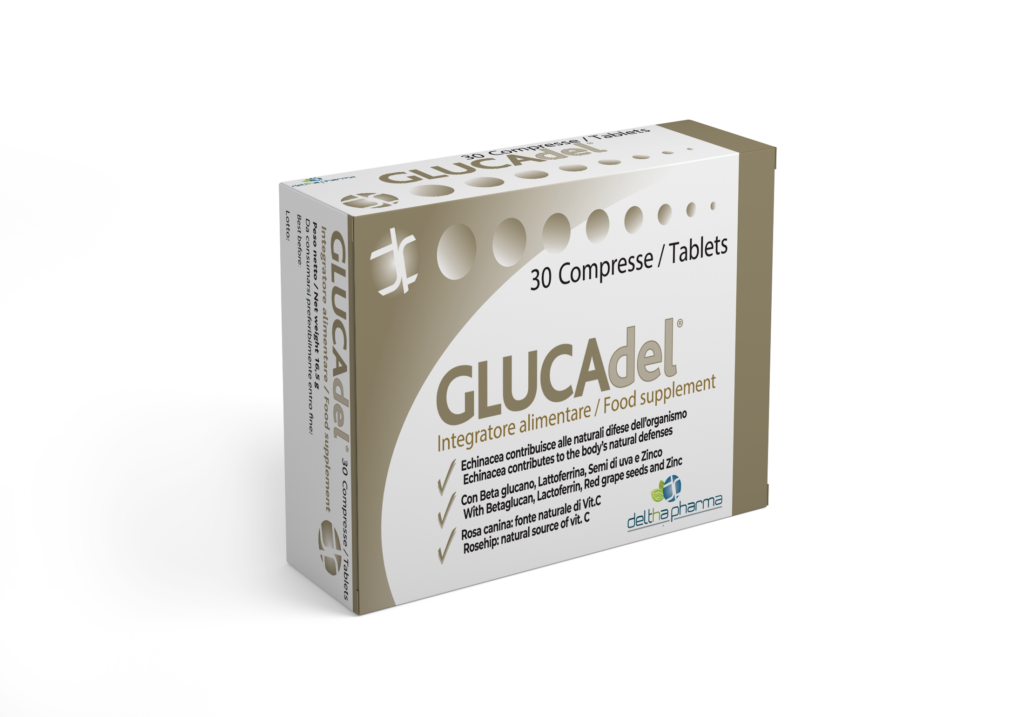The impact of changing seasons on health
With the end of summer, the first sharp rains and falling temperatures can lead to a weakening of the immune system and make the body more debilitated and fragile. Respiratory infections, such as colds, coughs, fever, flu, nasal congestion, rhinorrhoea, sinusitis, pharyngitis, tonsillitis, otitis, laryngotracheitis, pneumonia, or bronchiolitis, are generally the most common symptoms that can be encountered as autumn progresses and the seasons change. They can be caused by bacteria, viruses and fungi and represent one of the most frequent causes, around 20%, of access to primary care physician and the main cause of morbidity in high-income countries (USA, Canada, Western Europe). According to the World Health Organisation, respiratory tract infections account for 30% of lost working days and 75% of antibiotic prescriptions. The clinical approach consists generally on the use of antibiotics, antivirals, systemic corticosteroids, inhalers, NSAIDs, mucolytics, but there is an increasing emphasis on prevention through vaccines and/or natural immunomodulants.
What is the immune system?
The immune system consists of main lymphatic organs such as the bone marrow and thymus, and secondary lymphatic organs such as the spleen and lymph nodes, and highly specialised cells, which provide protection against pathogens that cross natural barriers in the body. These barriers can be divided into: a) physical barriers such as skin and mucous membranes lining the gastrointestinal tract, respiratory tract and uro-genital tract; b) chemical barriers such as mucus, secretions, sebum, gastric juices, bile, etc. Leucocytes or white blood cells are precisely the specialised cells capable of recognising pathogenic microorganisms or foreign bodies and have the task of defending the organism against their attack.
How to promote the functionality of the immune system?
To promote the body’s natural defences, it is important to adopt a correct lifestyle, follow a healthy diet, with seasonal fruit and vegetables, rich in vitamins (especially Vitamin A, E and C), mineral salts and antioxidants, perform sports activities, even outdoors when possible, and encourage continuous and restful sleep. Supplementation with natural ingredients with anti-inflammatory, antioxidant and immune-stimulating activities can be a valuable aid in strengthening the immune system. Echinacea angustifolia is a herbaceous plant, rich in active ingredients such as polysaccharides, echinacoside, and alkylamides that have been shown to have an immunostimulating effect by promoting neutrophils, macrophages and natural killer cells. A meta-analysis evaluated the benefits of using echinacea, demonstrating a significant reduction in the incidence and duration of the common cold [1]. Zinc is a trace element present in the body in small amounts but is essential for a variety of cellular activities: proliferation, differentiation, migration, and for a well-functioning immune system. Indeed, its supplementation has been shown to increase T lymphocytes, reducing the severity and duration of infections [2].
The rose hip is a wild species typical of Europe whose berries are generally used. It is rich in Vitamin C, containing 50-100 more than citrus fruits and flavonoids. Vitamin C is well known for supporting the natural immune defence, supporting various cellular functions of the immune system, increasing the differentiation and proliferation of B- and T-cells, supporting the epithelial barrier function against pathogens and promoting phagocytosis, scavenging of reactive oxygen species and elimination of microbes. A vitamin C deficiency results in reduced immunity and increased susceptibility to infection, so vitamin C supplementation is useful in respiratory infections [3].
Glucadel® is a dietary supplement containing beta-glucan, rose hips providing vitamin C, grape seed, lactoferrin, echinacea and zinc, which, thanks to its components, is helpful in promoting the body’s natural defences and the functionality of the respiratory tract. Vitamin C and zinc contribute to the normal function of the immune system and the protection of cells against oxidative stress.

You can find more information here
Disclaimer: The content is not intended to be a substitute for professional medical advice, diagnosis, or treatment, and does not constitute other medical advice for specific medical conditions. Please consult your healthcare provider with any questions or concerns you may have regarding your condition.
Reference
[3] Carr & Maggini (2017). Vitamin C and Immune Function. Nutrients: 9, 1211

